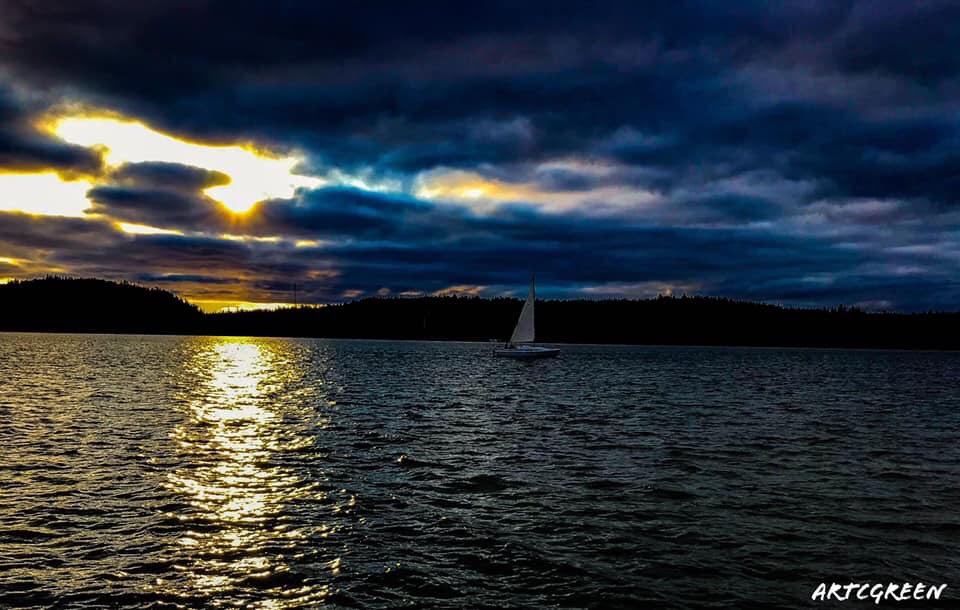It’s that time of year here in the Northwest Territories (NT) when boaters are headed to their special spot for a spectacular day of fishing.

With increased traffic comes an increased risk of accidents and drowning, according to the NT RCMP, as people flock to the natural waterways for a day of fun. This fall, whenever operating a boat, canoe, kayak, or another kind of watercraft, take every possible precaution to ensure a safe trip.
NT RCMP are reminding boaters to always practice safe boating and not operate a boat while under the influence of drugs or alcohol. In 2017, drinking and boating accounted for about 40 per cent of boating-related fatalities in Canada.

Because of this alarming statistic, Julie Plourde who is the Media Relations Officer with the NT RCMP recommends the following tips to be safe on the water this Fall North of 60:
- Be prepared and do not go out alone – let a responsible person know where you are going and when you plan to return.
- Dress appropriately for the water temperature – wear layers under your life jacket or personal flotation device and a hat.
- Be familiar with the operation of your vessel and ensure it is in proper working condition prior to heading out on the water.
- Wear a personal flotation device (PFD) with a whistle as water conditions can and do change quickly. A whistle can be used to signal for help.
- Carry extra fuel, a spare battery or a means to recharge your boat battery and a backup motor.
- Familiarize yourself with marine navigation and learn about local hazards on the waterways.
- Check the marine forecast before heading out and monitor the weather for changes.
- Ensure that you have the appropriate required safety equipment for your vessel.
- Know your waterways and how to handle your vessel in calm and rough conditions.
- Keep in mind that water levels change and may be shallower or deeper than they appear.
- Currents can be below the surface and not visible.
- Avoid the use of alcohol and drugs.
- If operating a motorized water vessel, the same rules apply as driving a motor vehicle, in relation to impaired driving.
For more information on boating safety and the equipment required for your vessel, the NT RCMP recommends you visit the Transport Canada website, https://www.tc.gc.ca/eng/marinesafety/debs-obs-menu-1362.htm
Or for more information on water safety, visit the Canadian Red Cross website, http://www.redcross.ca/training-and-certification/swimming-and-water-safety-tips-and-resources/swimming–boating-and-water-safety-tips/summer-water-safety
twitter/artcgreen





